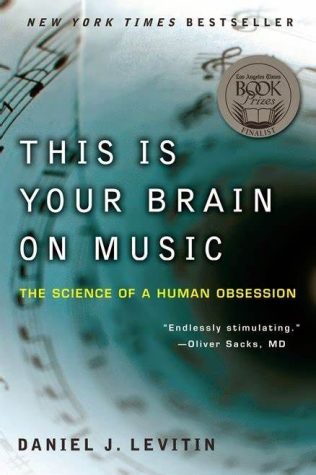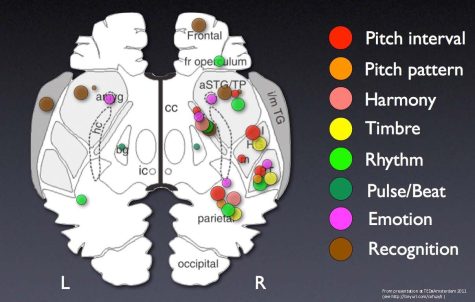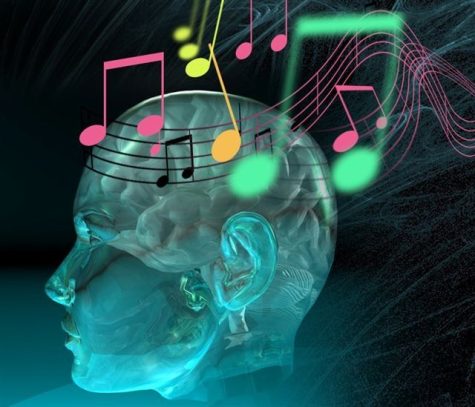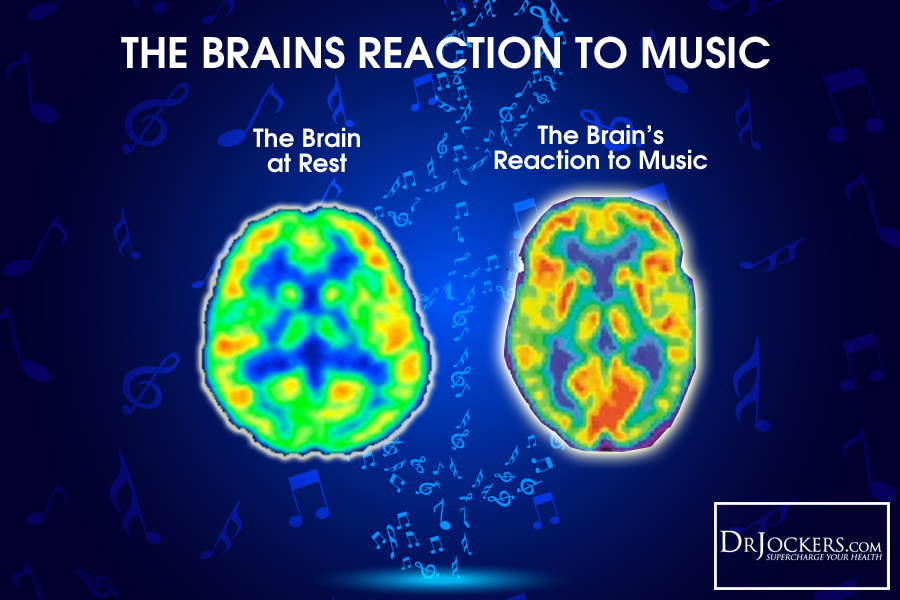Music and its Effects on the Brain
This interactive website will help you explore how your brain interacts with music:
Music and the Brain: What Happens When You’re Listening to Music (ucf.edu)
 Music has always been a huge part of our lives. We listen to it when we’re happy or sad and hum along when we don’t even know the words. Well, did you know all this music listening has positive effects on us too? This ranges from reducing anxiety to reminding you of forgotten memories. Music has powerful qualities that can and have helped your life in ways you might not even think are possible.
Music has always been a huge part of our lives. We listen to it when we’re happy or sad and hum along when we don’t even know the words. Well, did you know all this music listening has positive effects on us too? This ranges from reducing anxiety to reminding you of forgotten memories. Music has powerful qualities that can and have helped your life in ways you might not even think are possible.
“I think music, in itself, is healing. It’s an explosive expression of humanity. It’s something we all are touched by. No matter what culture we’re from, everyone loves music.”-Billy Joel
Pain Reduction
- In 2014 there was a study that found out that music could be helpful for patients with fibromyalgia which is a disorder that affects your muscle and soft tissue causing pain anywhere that can last a while even with no influence. Listening to music that the patient found relaxing reduced pain and increased functional mobility significantly. Many researchers believe that listening to music eases pain and this is because listening to it triggers opioids which are the body’s natural pain relievers.
- In a 2013 study people who were given the drug Naltrexone, which blocks opioids, experienced less pleasure while listening to their favorite song. This can show that opioids do have a role in this.

Memory
- Studies linking music to memory recall have increased since the early 20th century when the research first emerged. Listening to music that you grew up to or even as an adult listening to music you listened to as a teen can send you back and will give you that nostalgia feeling. The documentary “Alive Inside” chronicled how music had awakened patients who have been suffering from memory loss. Oliver Sacks, a Neurologist, said “Music evokes emotion, and emotion can bring with it memory… It brings back the feeling of life when nothing else can.”
- Another study in 2014 was conducted on 89 dementia patients, where the patient and caregivers were randomly assigned either a 10-week music listening coaching group, a 10-week singing group, or regular care. A result shows that “compared with usual care, both singing and music listening improved mood, orientation, and remote episodic memory and to a lesser extent, also attention and executive function and general cognition.”
Stress Relief
- Music that you find relaxing can alleviate stress by lowering cortisol levels. This is a hormone released in response to stress.
- This 2013 study shows a decrease in stress caused by music in pediatric emergency room patients. “In this trial with 42 children, University of Alberta researchers found out when patients were getting an IV inserted, they felt significantly less pain while listening to relaxing music. These patients also demonstrated less distress compared to patients who didn’t listen to music, according to the American Psychological Association.
Seizures, Brain Injury and Stroke
- Epileptic patients’ brains have been reported to respond differently to music than those who don’t have epilepsy.
- “Persons with epilepsy synchronize before a seizure. However, in our study, patients with epilepsy synchronized to the music without having a seizure.” Said Christine Charyton, of the Ohio State University Wexner Medical Center.
- She explained that stress has caused seizures to occur.
- Stroke patients who listened to music in their early stages of healing showed an improvement in recovery according to a 2008 study. The author of this study suggested that patients should start listening to music after the stroke, since many changes have occurred during the first few weeks and months of recovery.
- “We found that three months after the stroke, verbal memory improved from the first week post-stroke by 60 percent in listeners” said Sarkamo, the author .

It’s crazy how much music can help someone and how much it contributes to us. It helps in all aspects of life and helps everyone. From listeners to artists and had medical benefits on us.
Sources
The Powerful Effect of Music on the Brain (thetabernaclechoir.org)
How Music Affects the Brain | Musicians Institute (mi.edu)
Why is music good for the brain? – Harvard Health
Music and the Brain: What Happens When You’re Listening to Music (ucf.edu)
Music and the Brain | Neurobiology (harvard.edu)
Hi! My name is Emma Lovell and I'm a Sophomore here. I don't do too much for the school, but I absolutely love writing for it. I mostly write about music...








